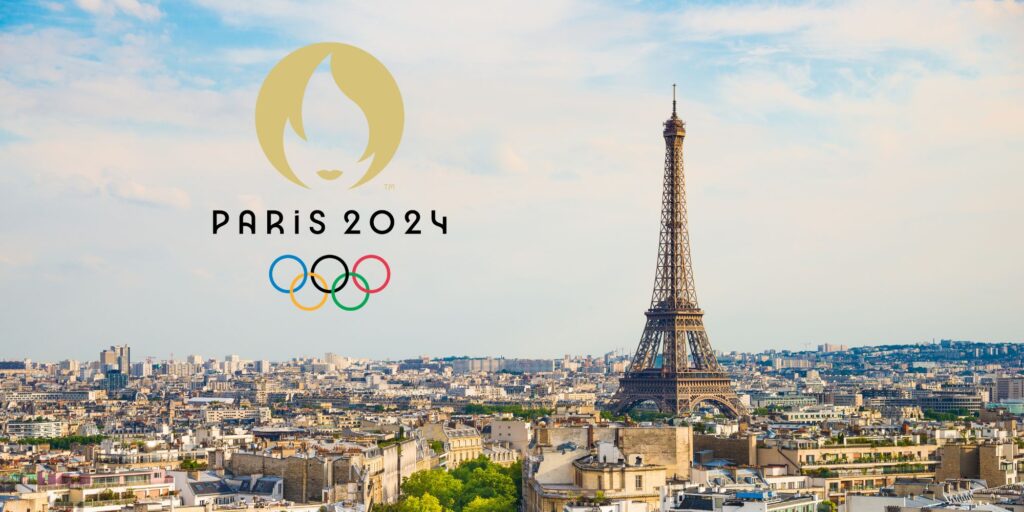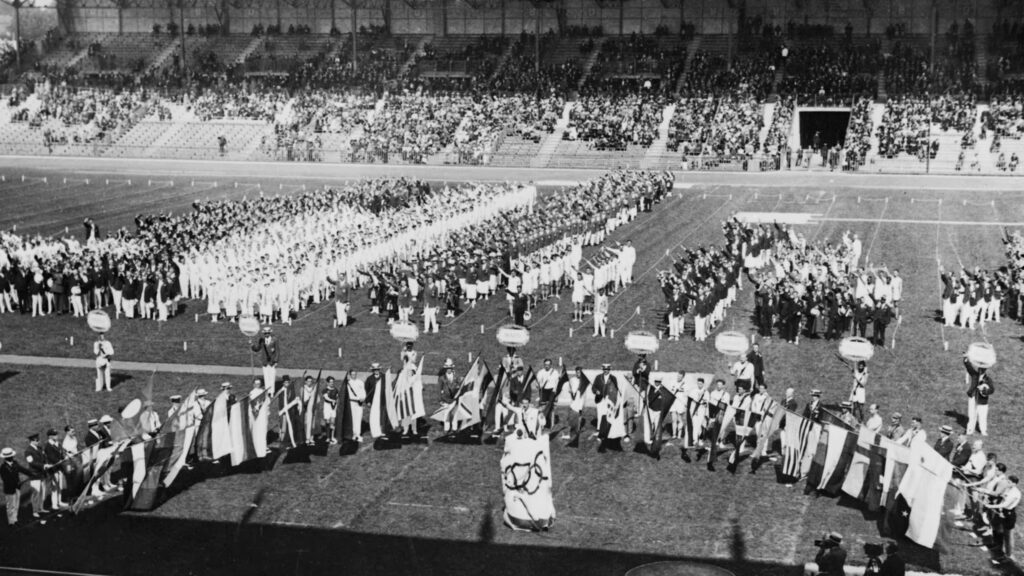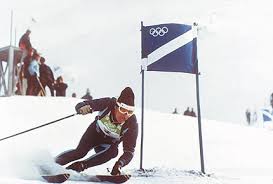The History of the Olympics in France
Though the upcoming games will mark the first time that France has hosted the Summer Olympics in 100 years, the country still has a very long and storied connection with the modern Olympic Games. The nation not only hosted some of the most memorable Olympic Games but also played a pivotal role in the revival of the modern Olympics.
The Revival of the Modern Olympics
The modern Olympic Games owe much of their existence to a Frenchman, Baron Pierre de Coubertin. Inspired by the ancient Greek Olympic Games, de Coubertin sought to promote peace and unity through sports. In 1894, he established the International Olympic Committee (IOC) in Paris, marking the official revival of the modern Olympic Games. The first modern Olympics were held in Athens, Greece, in 1896, but France’s involvement was instrumental in their conception and continuation.
The 1900 Paris Olympics
The second modern Olympic Games were held in Paris in 1900, as part of the World’s Fair. These games were notably different from today’s Olympics in several ways. They spanned over five months, from May to October, and featured a mix of traditional and non-traditional sports. Women participated for the first time in events like tennis and golf.
However, the 1900 Paris Olympics faced several challenges. The events were poorly organized, with many athletes unaware they were participating in the Olympics. Despite this, the games were significant for their inclusivity and the diverse range of sports, including croquet and motor racing.
The 1924 Paris Olympics
Paris hosted the Olympics again in 1924, an event often regarded as the first truly modern Olympic Games. These games introduced many features still present today, such as the Olympic Village for athletes, a closing ceremony, and the official use of the Olympic motto, “Citius, Altius, Fortius” (Faster, Higher, Stronger).
The 1924 Paris Olympics were also the first to include an official program for the Winter Olympics, which took place in Chamonix, France. The games were a resounding success, attracting athletes from 44 nations and showcasing memorable performances, such as Finnish runner Paavo Nurmi’s five gold medals.
The 1968 Grenoble Winter Olympics
France continued its Olympic legacy by hosting the Winter Olympics in Grenoble in 1968. These games were notable for the introduction of the modern timing and scoring technologies, such as electronic timing and instant replay. Grenoble also saw the debut of the Olympic mascot, a colorful figure named “Schuss.”
The 1968 Winter Olympics were marked by the dominant performance of French alpine skier Jean-Claude Killy, who won three gold medals. Killy’s victories cemented his place in Olympic history and significantly boosted the popularity of winter sports in France.
The 1992 Albertville Winter Olympics
Albertville, a small town in the French Alps, hosted the Winter Olympics in 1992. These games were the last Winter Olympics to be held in the same year as the Summer Olympics. Albertville 1992 is remembered for its stunning alpine scenery and well-organized events.
The games saw outstanding performances from athletes like Norwegian skier Vegard Ulvang and American figure skater Kristi Yamaguchi. The Albertville Olympics also featured innovative and environmentally conscious planning, setting a precedent for future games.
French Athletes and Their Impact
France has produced numerous remarkable Olympic athletes who have left an indelible mark on the history of the games.
Jean-Claude Killy
Jean-Claude Killy, a French alpine skier, is perhaps the most famous French Olympian. His triple gold medal triumph at the 1968 Grenoble Winter Olympics remains one of the most celebrated achievements in Olympic history.
Marie-José Pérec
Marie-José Pérec, a French sprinter, made history by winning three Olympic gold medals. She secured two golds at the 1996 Atlanta Olympics in the 200 meters and 400 meters, becoming one of the few athletes to achieve this double victory.
Teddy Riner
Teddy Riner, a French judoka, has dominated the sport for over a decade. With two Olympic gold medals (2012 and 2016) and multiple world championships, Riner is considered one of the greatest judokas of all time.
France’s Bid for Future Olympics
France’s ambition to host the Olympics has remained strong throughout the years. The country made several bids for both Summer and Winter Olympics, often coming close but not securing the games. However, persistence paid off when Paris was awarded the 2024 Summer Olympics.
The 2024 Paris Olympics
The 2024 Summer Olympics, set to take place in Paris, will mark the centennial of the last Paris Olympics in 1924. These games are expected to be a grand celebration of sport and culture, emphasizing sustainability and innovation.
Paris 2024 plans to utilize existing infrastructure and iconic locations, such as the Champs-Élysées for cycling and the Eiffel Tower for beach volleyball, blending the city’s historic landmarks with the excitement of the Olympics. The games aim to leave a lasting legacy for the city and inspire future generations.
Legacy of the Olympics in France
The Olympic Games held in France have left a profound impact on the country’s sporting culture and infrastructure. They have promoted the development of sports facilities, increased participation in various sports, and enhanced France’s reputation as a premier destination for international sporting events.
The 1924 Paris Olympics, for example, led to the construction of Stade Olympique Yves-du-Manoir, which later hosted significant sporting events. The Grenoble and Albertville Winter Olympics boosted winter sports tourism in the French Alps, making the region a renowned destination for skiing and snowboarding.
Moreover, the games have fostered a sense of national pride and unity. French athletes’ successes have inspired generations and contributed to a strong sporting culture in the country.















